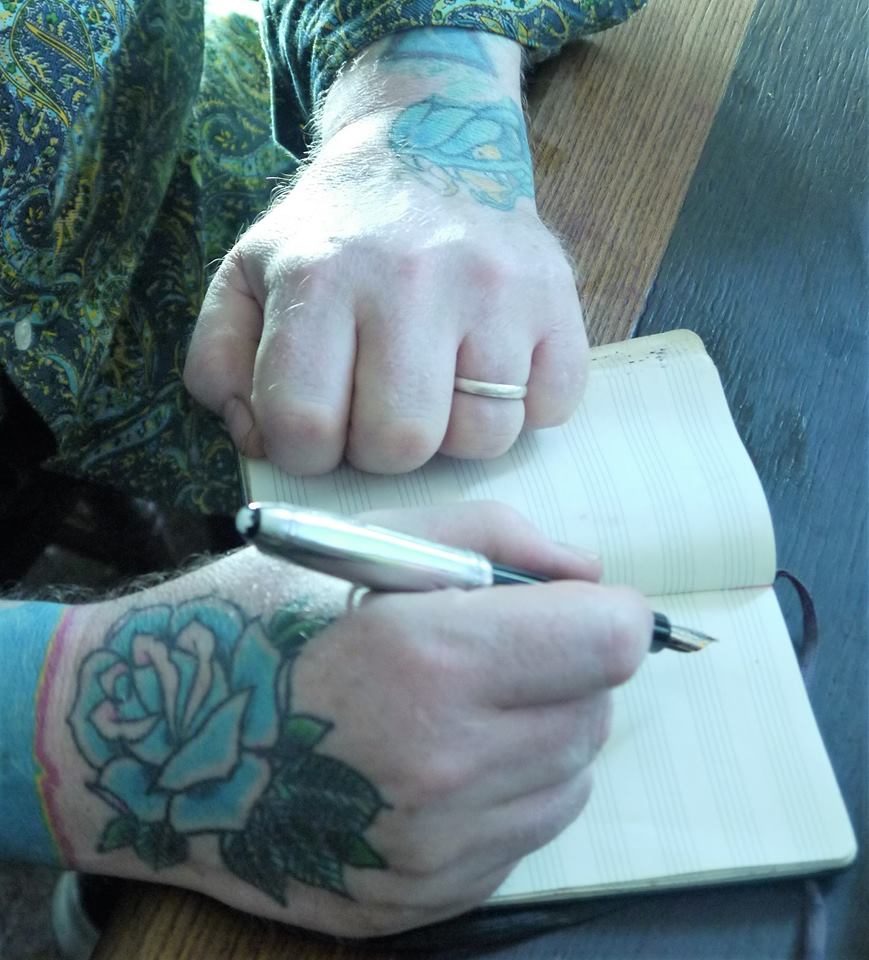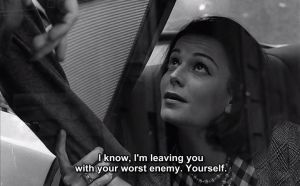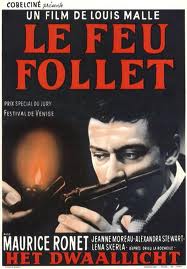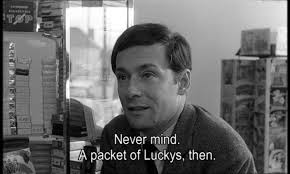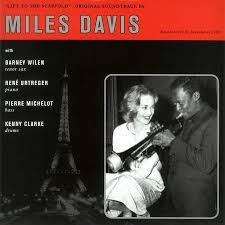Buckets of claret. Weird, unsettling visuals – a waking nightmare that’s much scarier than horror, as these events are all too plausible. Bitches and Butchery might have made a good title, if Hyena’s Albanian crime overlords had been consulted. They’re not likely to attend a men’s anti-sexism group any time soon. Inevitable reaction to a pair of male cops on their territory; ‘are they lovers?’
The violence was too much for a reviewer on the once reliable Roger Ebert site, who starts by wittering about ‘bobbies’ – only fifty years out of date. ‘…its sheer unpleasantness may be enough to satisfy some viewers..’ Yes. Me, for one. Stand aside, you big girl. And I don’t think it’s ‘unbalanced’, possibly ‘racist’, to portray drug and sex trafficking kingpins as monstrous, murderous brutes. Any Albanians not running international crime empires will despise these vile thugs.
There is of course a lot more than ‘sheer unpleasantness’ to this original, bravura work. First class direction and cinematography, the actors and locations are utterly convincing. Police and victims’ support groups were consulted which shows in the grimly realistic script. Peter Ferdinando as an undercover detective is magnificent, inner turmoil often conveyed without words.
Stephen Graham gives us yet another memorable, intriguing character.

Hyena has a unique visual signature. Time Out review nails it: ‘balletic slo-mo, neon colour washes and giddy tracking shots – all recalling the Hong Kong heyday of John Woo and Ringo Lam.’
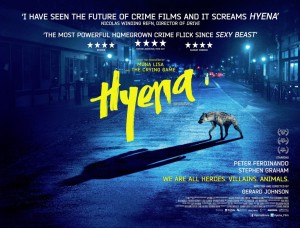
Some said it’s not news that cops can be corrupt, but it’s often ignored in unrealistic forensics shows, or polite dross like Midsomer Murders. Not everyone’s seen Bad Lieutenant, indeed it’s six years since the remake. If even the eunuchs at the Guardian liked this, with reservations, it’s obviously worth investigating – if you have a strong stomach.
Avoid if rape or extreme violence is triggering. Bodies are dismembered, the living and the dead. It’s not a barrel of laughs and I’m struggling to find something uplifting for those of us fighting depression. Hang on, I’ve kicked carbs – a rare victory against the forces of darkness. And there’s something to be said for shock therapy. I like a jolt, whether it be strong coffee, raw chillis, or the bleakest, blackest Noir.
https://www.youtube.com/watch?v=M4lUnJnwFL0 trailer
One of the party-loving cops – Tony Pitts, brilliant acting throughout – tells an internal affairs guy he wants compensation for his employment-related depression. A pause then the interrogator erupts into incredulous laughter. Mental disorders may be over-diagnosed, perhaps over-medicated. Some compensation payments for public servants can look ridiculous. Yet undercover work is stressful enough to cause clinical depression even without battling ruthless killers. Maybe these cops could have done a little less booze, toot and MDMA? Is this just ‘Post-Nasal Depression’? – as Paul Whitehouse’s rock star says in the excellent Nurse. Well, those who risk their lives regularly often run on heavy fuel. We shouldn’t judge. My depression eased up since the three day parties finished. Not so high any more, but not so low. Getting used to the middle, the bullseye.
The ending – genuinely surprising – takes some getting used to. It’s the right one, though some will disagree for equally valid reasons. It has an echo of Get Carter director Michael Hodges’s I’ll Sleep When I’m Dead, another feelbad Noir, which also stays with you. Vivid, visceral cinema. Looking forward to more from director Gerard Johnson and Peter Ferdinando.
http://www.timeout.com/london/film/hyena
http://www.filmdivider.com/9165/peter-ferdinando-on-corrupt-cops-keeping-performances-organic-and-hyena/

